Zucchini is a kitchen favorite for everything from baking to grilling. But there's one small thing you must do before eating it – or risk a nasty reaction. Here's what you need to know.
It tastes bitter
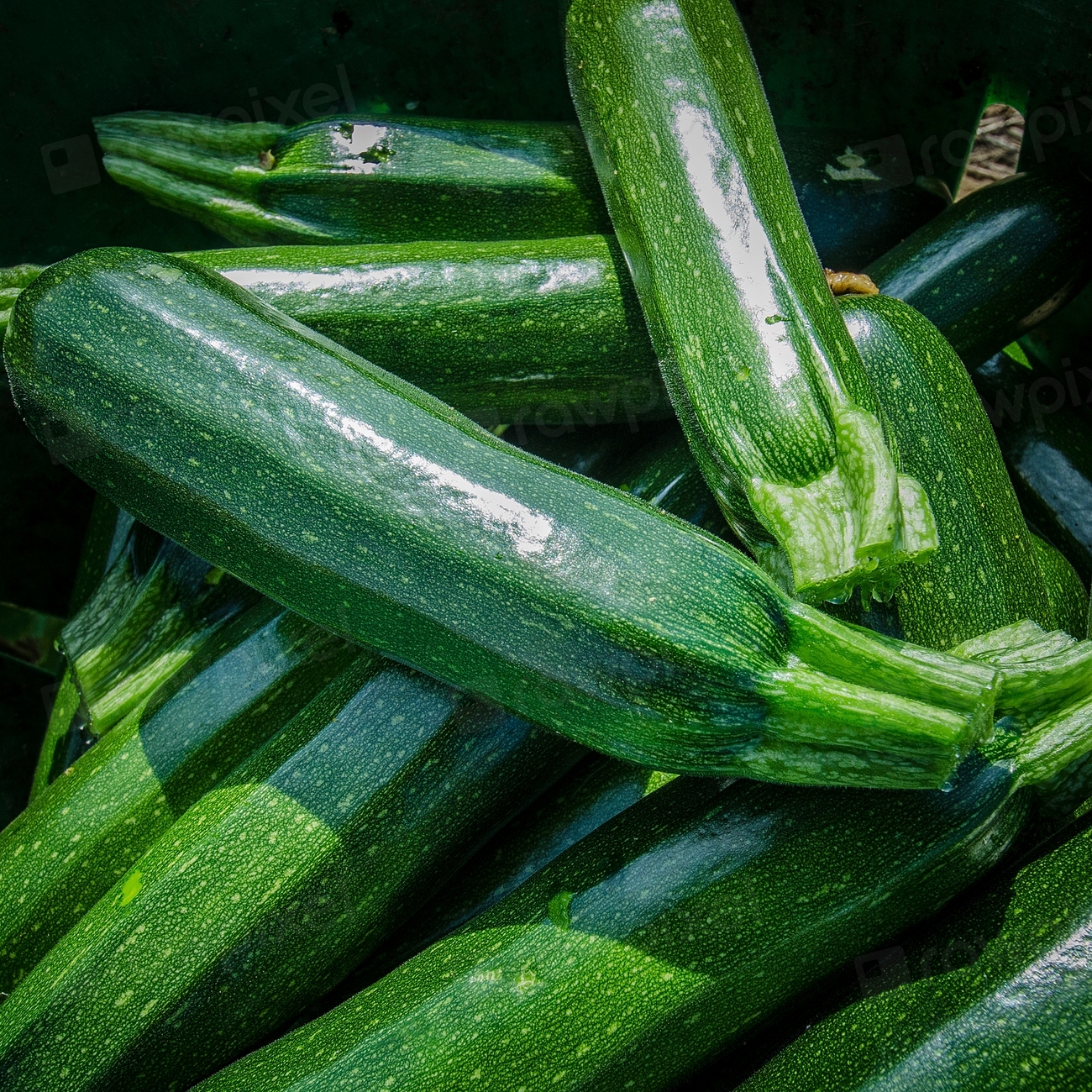
If your zucchini has a noticeably bitter or metallic flavor, it’s not just unappetizing – it could be toxic. Even a single bite is enough to trigger symptoms in some cases.
It can cause sudden illness

Bitter zucchini has been linked to nausea, vomiting, stomach cramps, and diarrhea. These symptoms can show up within just a few hours – whether the zucchini was raw or cooked.
It contains a natural toxin
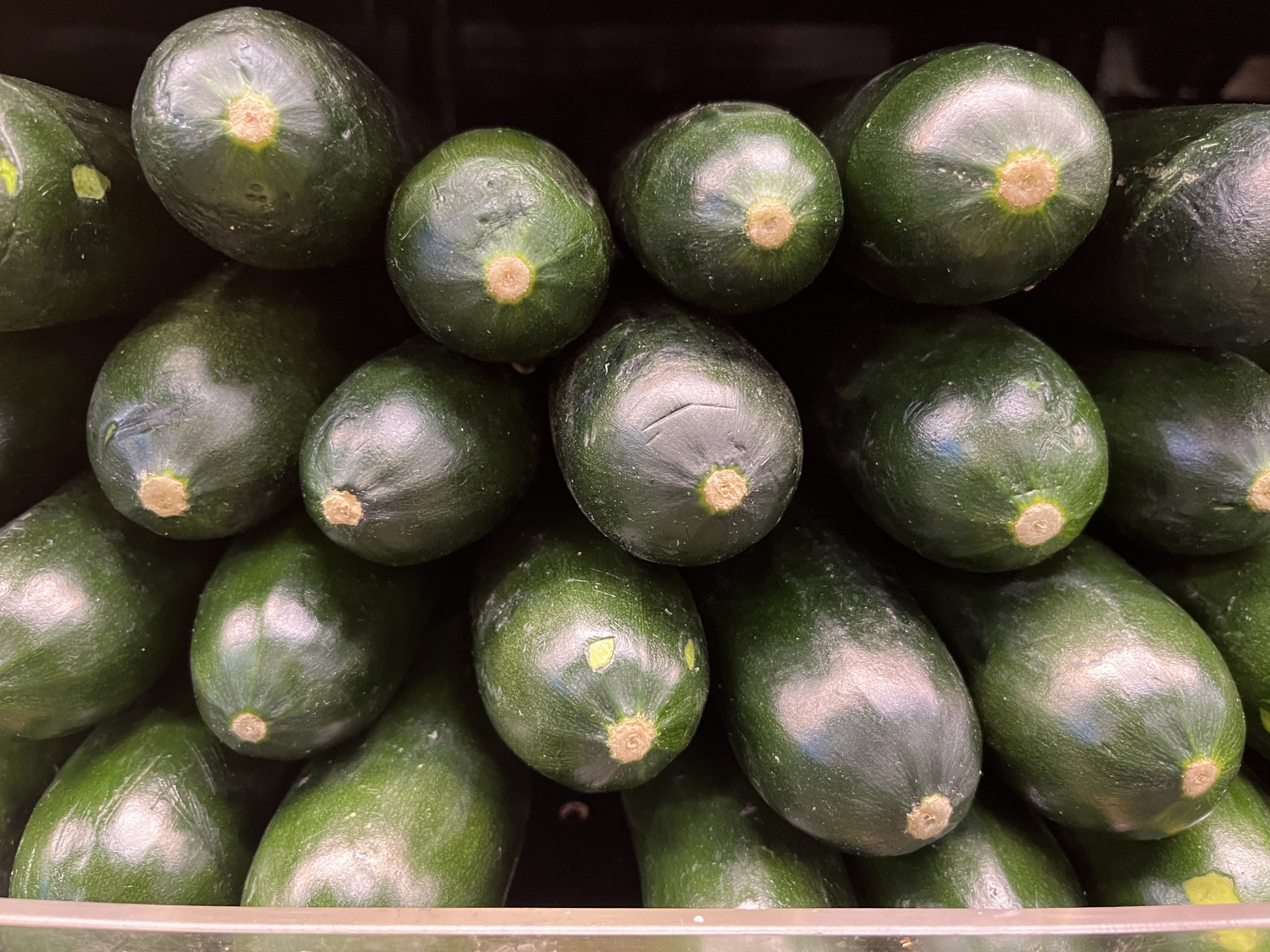
The bitter taste is due to a compound called cucurbitacin, a naturally occurring toxin found in some plants in the zucchini family. In high amounts, it becomes dangerous.
Also read: New breakthrough: How Alzheimer’s can be detected before symptoms appear
Cooking doesn’t neutralize it
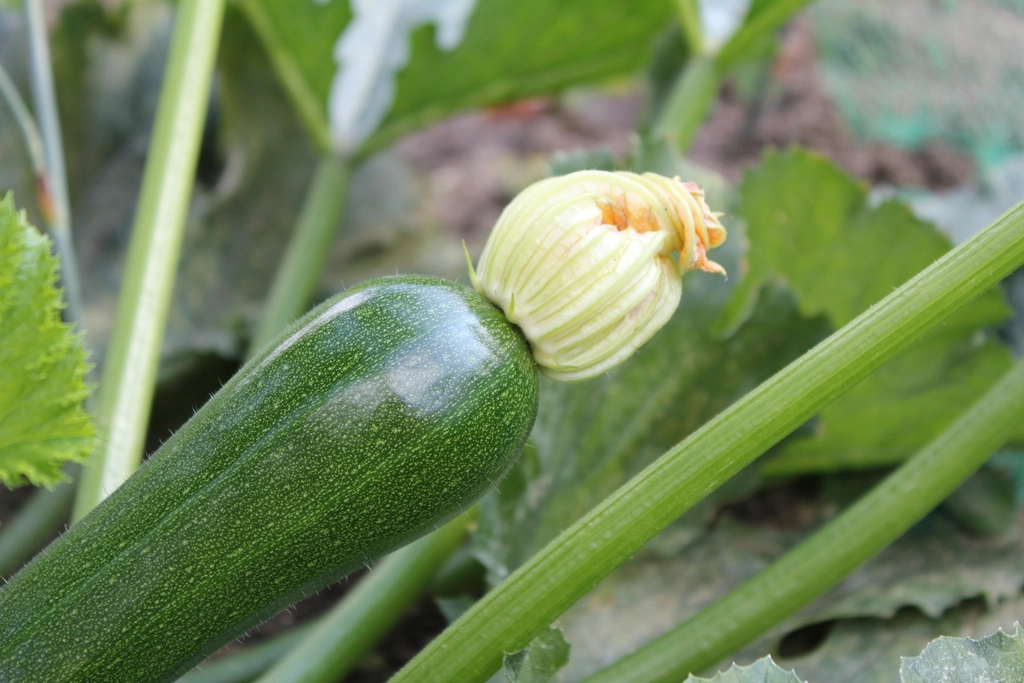
Unlike bacteria, cucurbitacin is heat-stable. Grilling, boiling, or baking won’t destroy the toxin – it stays active no matter how you prepare the zucchini.
It's rare, but real
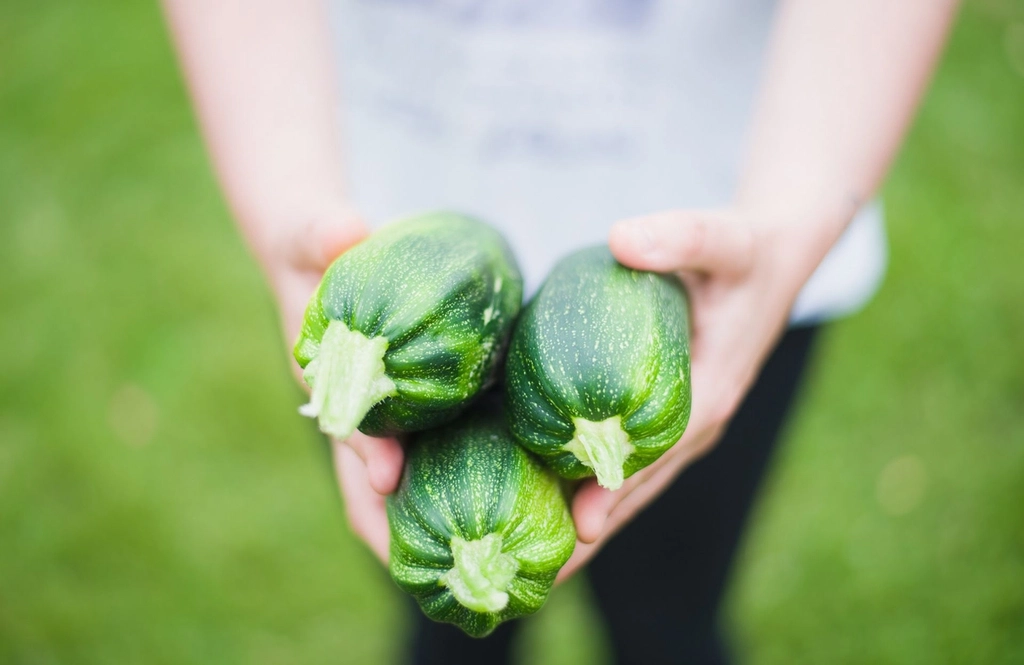
Modern squash varieties are usually safe. But occasionally, a plant can revert to a wild type or cross-pollinate with a wild cousin that produces the toxin.
Other foods can be affected
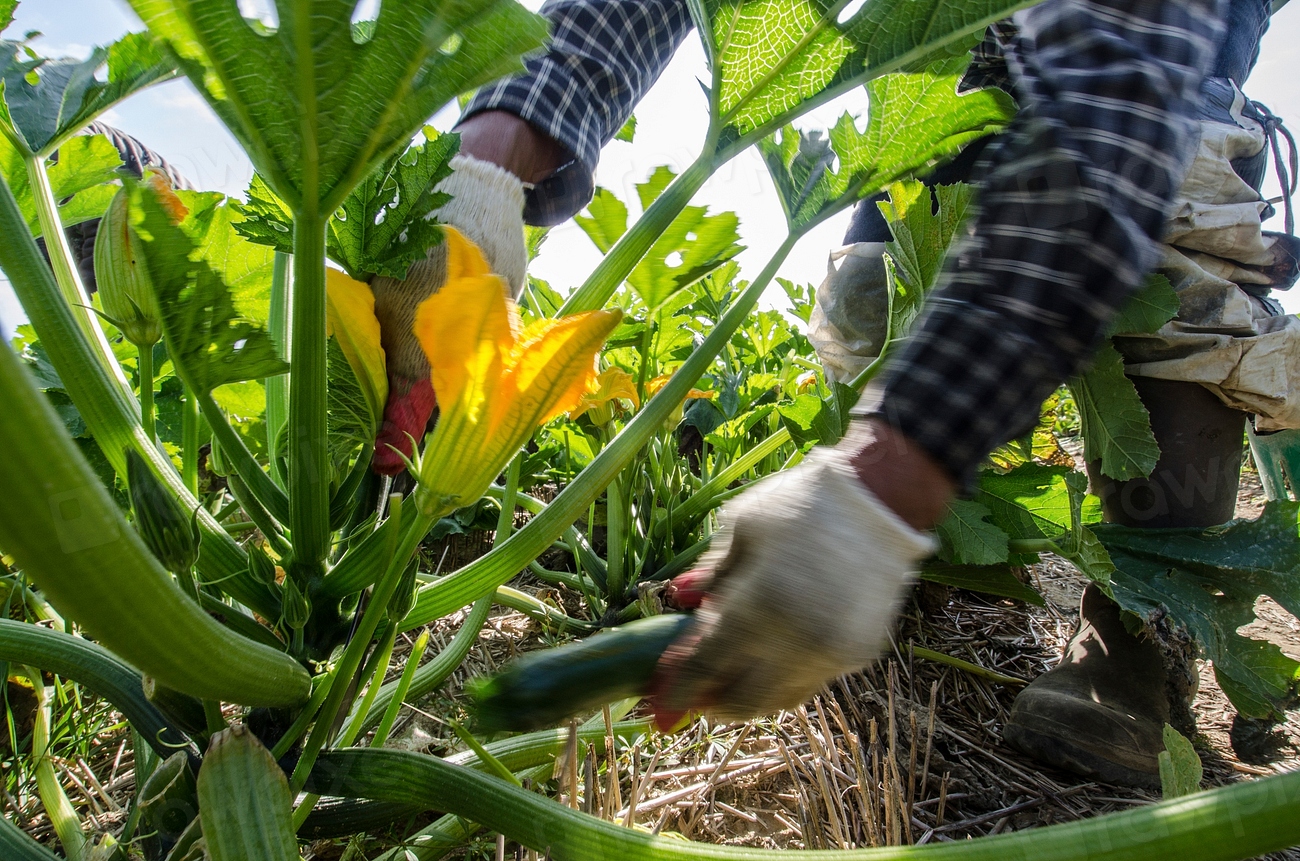
It’s not just zucchini. Bitter-tasting pickled cucumbers, marinated pumpkin, and even squash jam may contain cucurbitacins, especially if made from homegrown or wild-harvested produce.
The seeds may be the problem
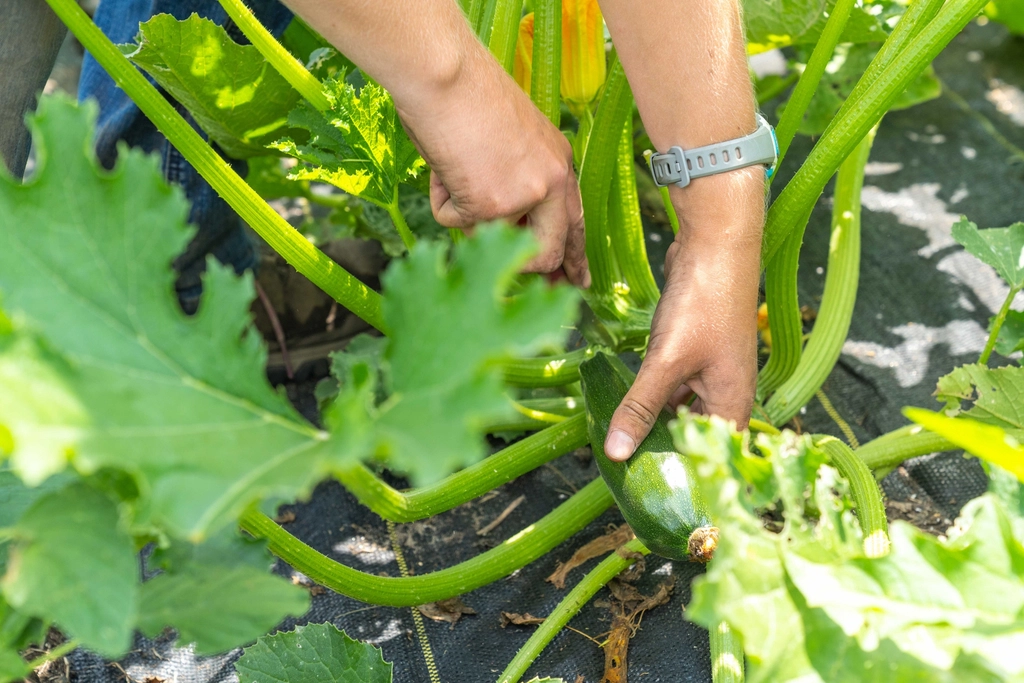
Sometimes, entire batches of seeds can be contaminated if they’ve been crossed with wild varieties. It’s especially risky with seeds saved from homegrown plants.
Also read: How to Eat Less Sodium – Without Compromising on Flavor
One bite is enough
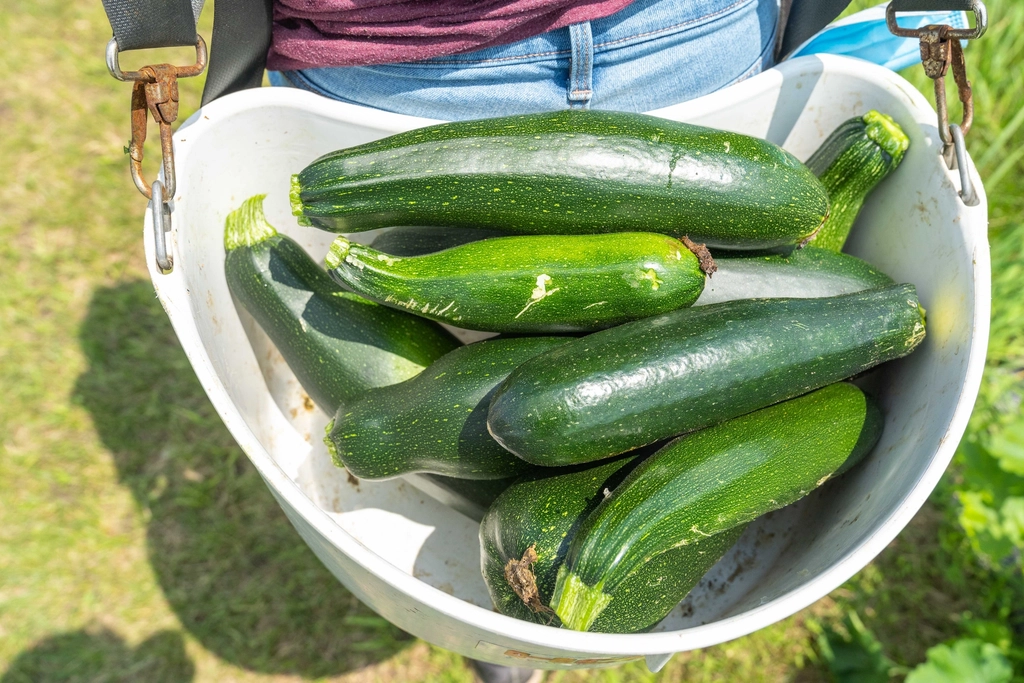
Don’t assume you’re safe if it’s just a little. Even small amounts of cucurbitacin can cause a reaction – you don’t need to eat the whole dish to get sick.
Always taste before cooking

The simplest way to protect yourself? Take a small bite of raw squash before adding it to any dish. If it tastes even slightly bitter, throw it away immediately.
Don’t try to “fix” it

No amount of rinsing, peeling, or seasoning will make bitter squash safe to eat. If you taste bitterness, trust your instincts and toss it in the bin.
Article based on information from Fødevarestyrelsen
Also read: Subtle Signs That You Might Have Liver Problems
Also read: These Foods May Help Slow the Aging Process From Within
